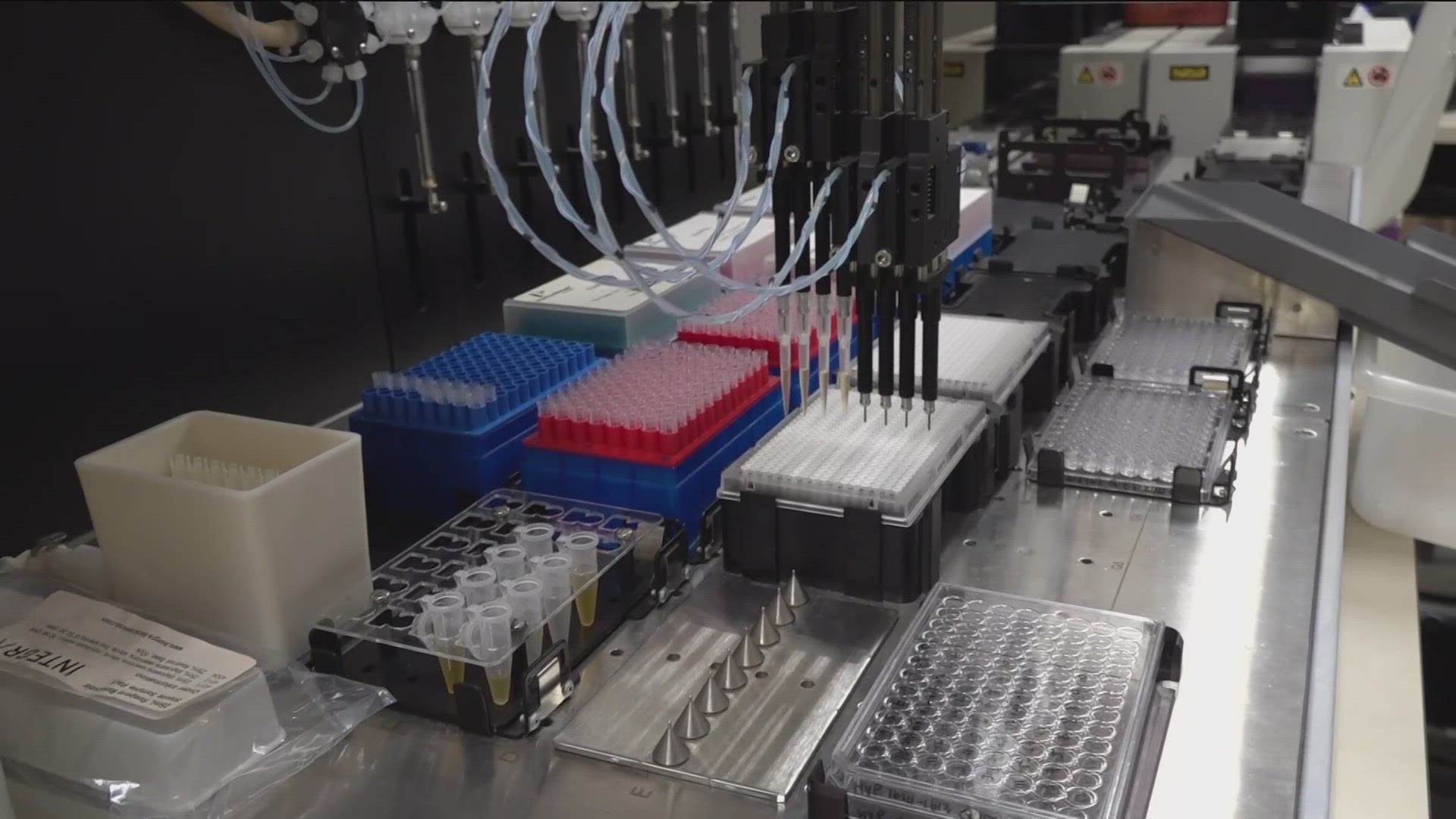SAN DIEGO — Men in the United States could be interested in male contraceptives, but options are limited. However, scientists at the Salk Institute in La Jolla may have discovered a new method for male birth control, and their initial tests in mice show the drug to be quite successful.
In the groundbreaking study, scientists at the Salk Institute announced promising results in the quest for a male birth control method.
The study, conducted in mice, has identified a new drug target that could lead to the development of a non-hormonal and reversible contraceptive for men.
"So, I think it's about time. It's about time to put all the burden off females in the socio-economic point, and also social equality or also keep a control to the man," said lead researcher, Suk-Hyun Hong.
"One can imagine the the benefit of having this and males can control their reproduction as women can control them," said Salk Institute Professor Ronald Evans.
Evans and Hong focused on a specific protein essential for sperm mobility. In one set of experiments, they used genetically modified mice, yet the same results were shown when they later gave the drug to normal mice. By suppressing this protein’s function, scientists observed a significant reduction in fertility without affecting hormone levels or sexual behavior.
"In fact, it does not impact libido at all," said Evans.
"This is our approach that can bypass that. So, we are one step closer to like a contraceptive," said Hong.
Salk scientists say a potential male birth control method could take the form of a pill to be taken every one to two weeks. While the path to a marketable product is still long, this study marks a significant milestone in male contraceptive research.
"I mean, it's amazing. And it would have just, it's simple, but something simple can have an impact on the planet," said Evans.
While the timeline is unknown, Salk scientists hope to see the medication in human clinical trials soon.
WATCH RELATED: Postmortem sperm retrieval can offer hope in a trying time

